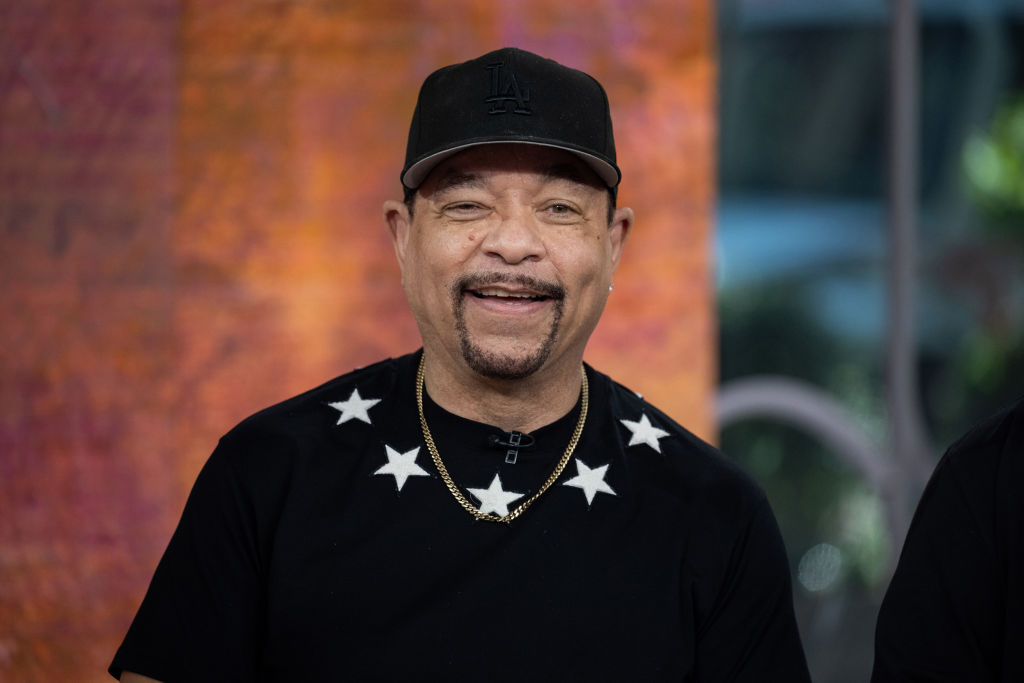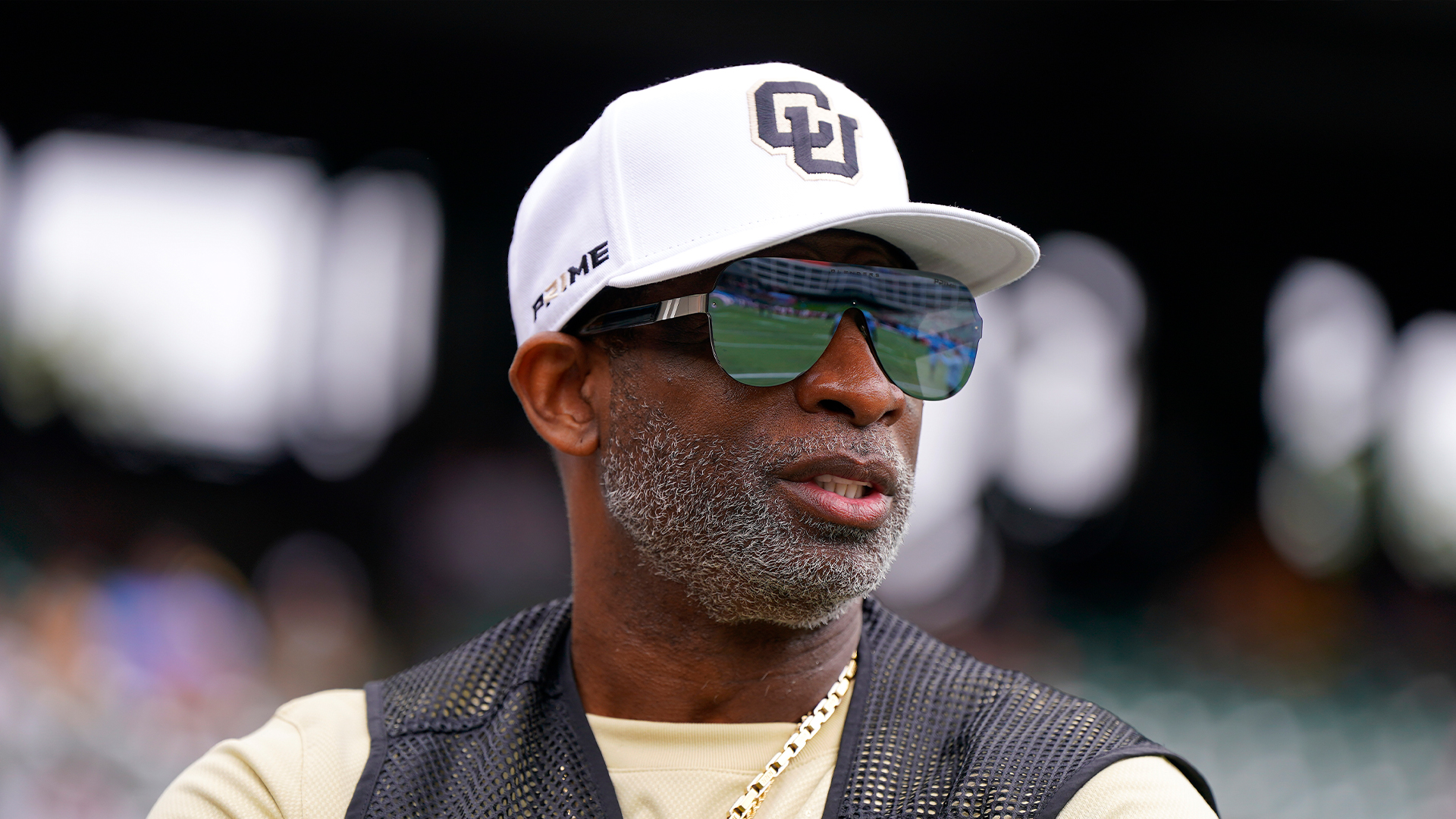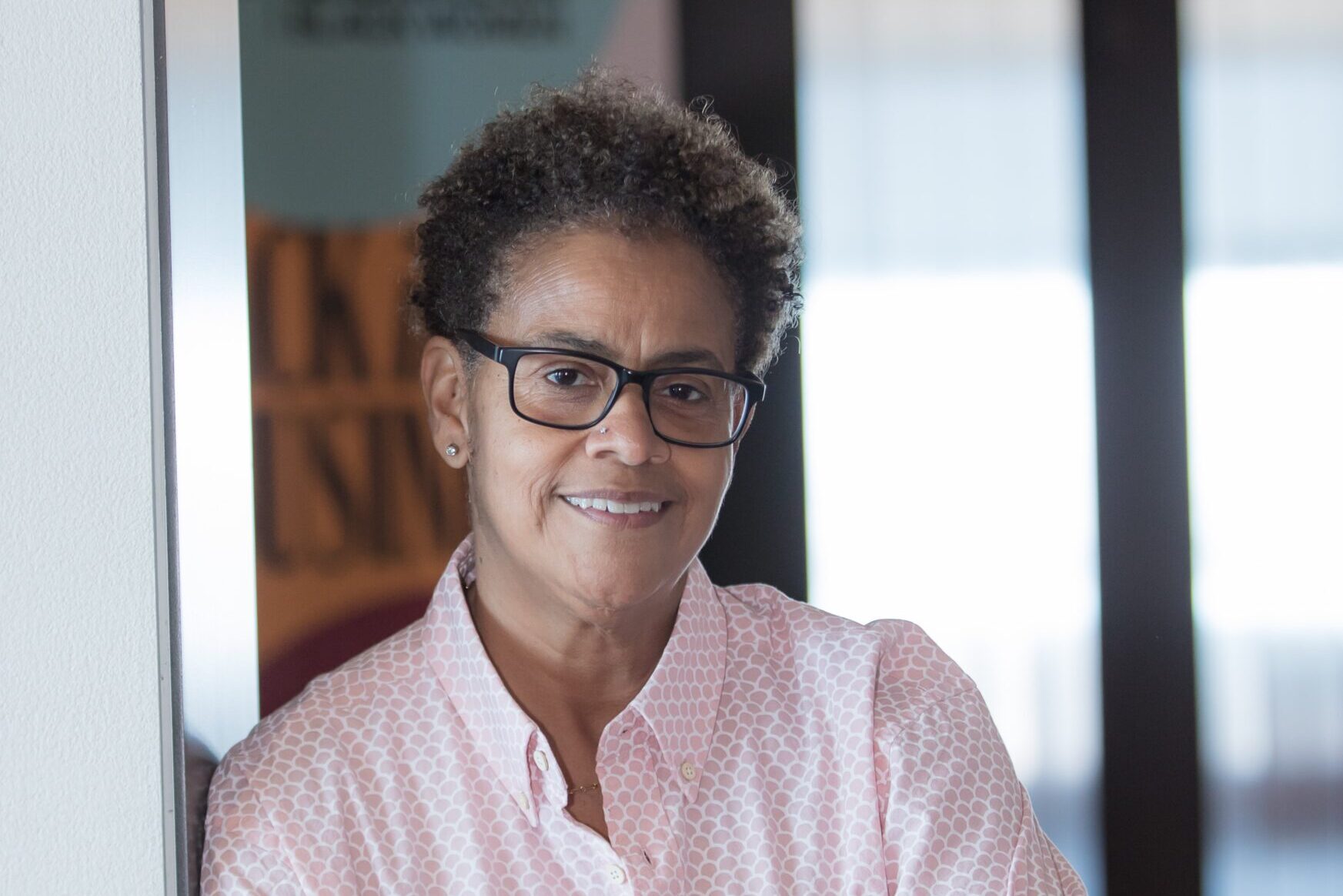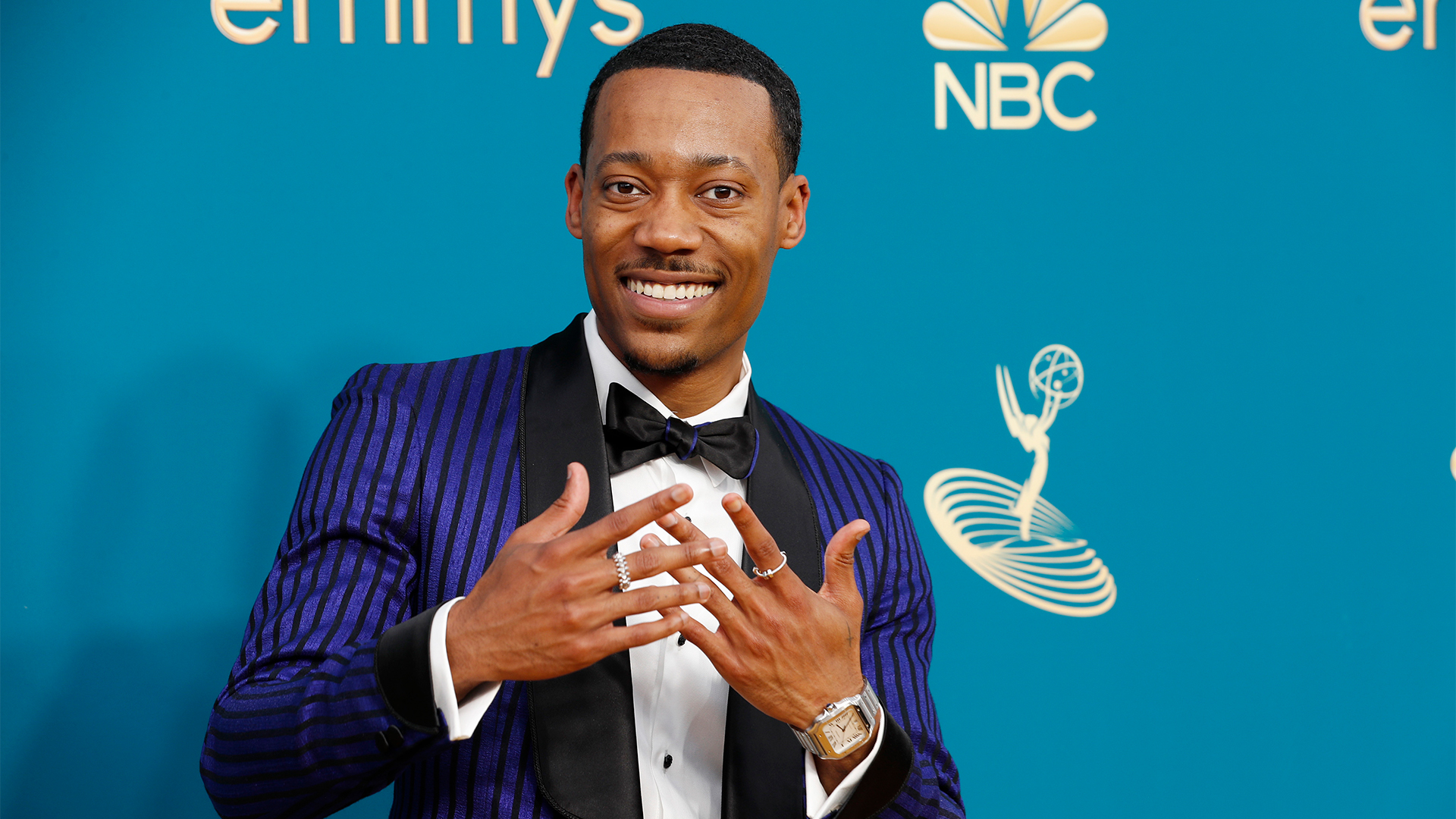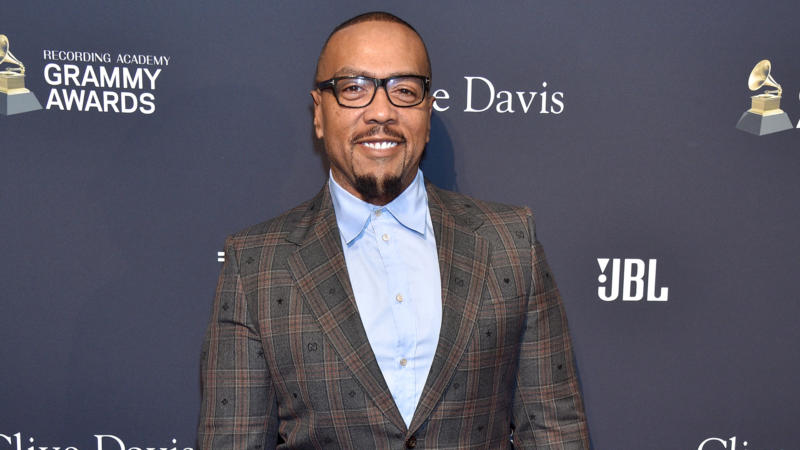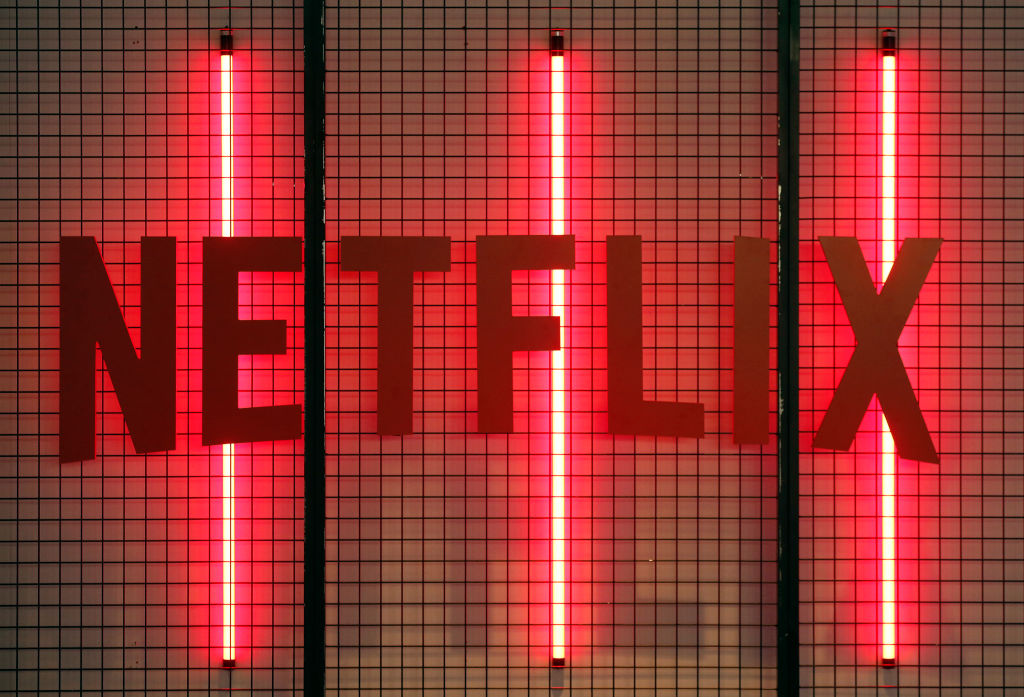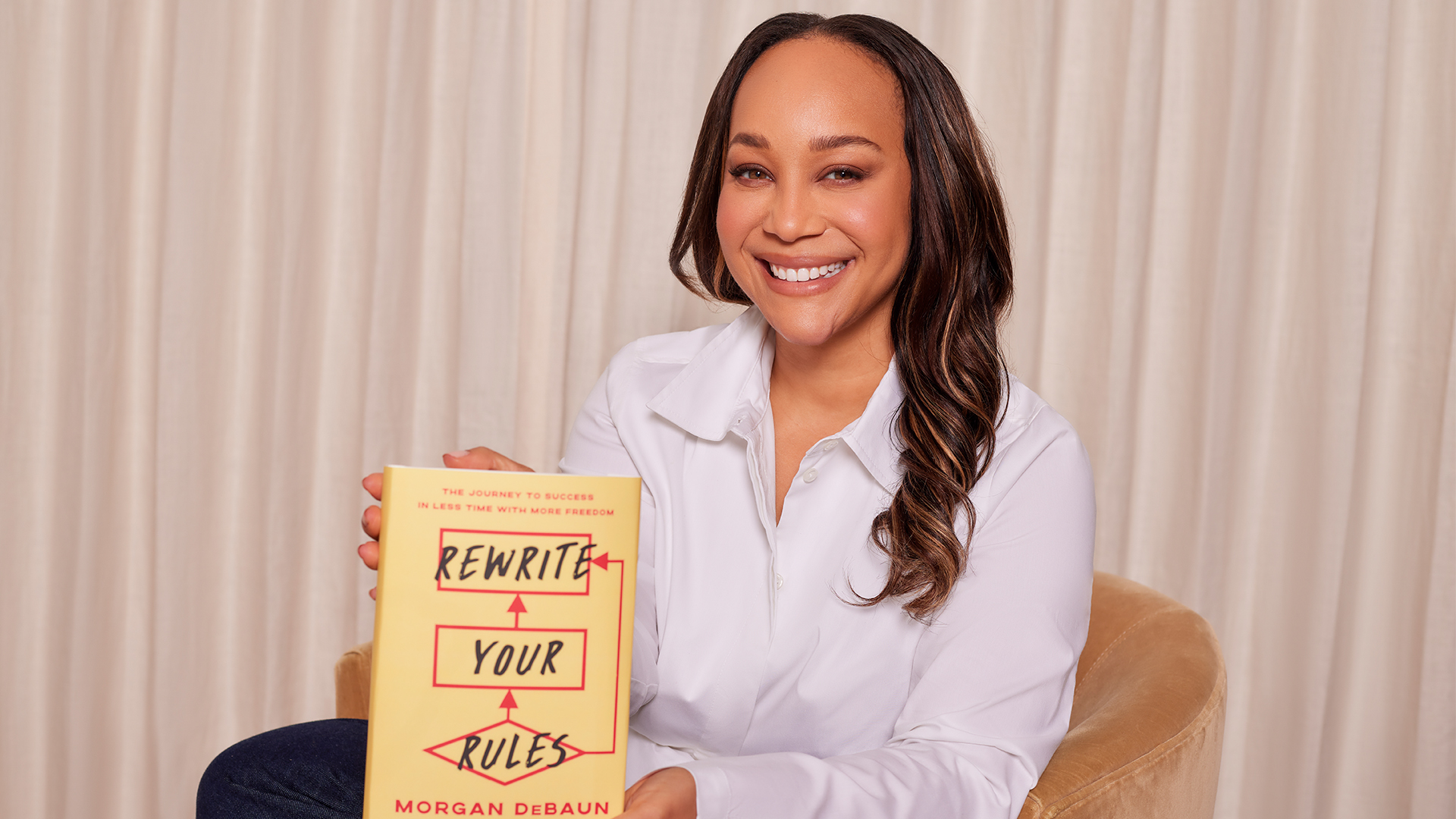John Henry is a hustler.
The entrepreneur has been in hustle mode since he founded and sold his first company in 2014, and launched Harlem Capital, a diversity-focused investment firm, where he currently serves as a partner.
Now, the 26-year-old is taking his entrepreneurial prowess to Viceland with his new show, appropriately named Hustle.
The eight-episode docu-series, which is executive produced by Alicia Keys, follows Henry as he challenges New York City-based entrepreneurs to push their boundaries and scale their businesses.
“I set out to dispel myths and demystify the actual arc of being an entrepreneur,” he said. “The whole show is about the drive to make it. We want to capture ordinary people who had the bravery to do extraordinary things.”
The series is only one part of Henry’s quest to change the face of entrepreneurship and build generational wealth in communities of color.
Harlem Capital has raised $2 million of a targeted $25 million fund for underrepresented entrepreneurs, according to SEC filings.
“The reason that there are very few founders of color that are funded is that there are even fewer fund managers that are diverse,” he said. “When you’re the gatekeeper of the capital you know there’s a subconscious bias that you have to invest in folks that look like you.”
White investors make up 70 percent of the venture capital industry, according to a report by Richard Kerby, a partner at Equal Ventures. One percent of venture capitalists are Latinx, and only three percent are Black.
We spoke with Henry about his new series and how he’s building a fund to invest in diverse entrepreneurs.
This interview has been edited for length and clarity.
AfroTech: What was the vision behind launching Hustle?
John Henry: Me and my executive producer felt like there was an opportunity to bring to market a more realistic picture of what entrepreneurship looks like. What happens when dozens of publications, each with really massive distribution channels, all continually reinforce this perception of a founder who started at 22-years-old, raised five million dollars and is the next Mark Zuckerberg?
We packaged that in the form of a series and Viceland was incredibly interested to tell that story. Vice speaks our language, so when they emerged as interested I was really excited to partner with them because they were gonna give me the platform for me to express myself.
The show is trailing me as I help founders push their boundaries. We tell the stories of everyone from a jam maker to apparel companies. We didn’t just focus on tech founders we really painted a nice broad picture of what starting a business could look like.
AT: What were some of the things you learned about yourself or about entrepreneurship while filming the show?
JH: I learned about the power of our narrative and our experiences. I’ve been working on this show for three years. I’ve been hustling on this show, and I think the most important thing I learned is the way this media machine really works. There’s a reason Viceland and other networks were interested in telling this story. They’re running a business and they saw a legitimate market opportunity in creating content and storytelling around our communities. That’s not lost on me.
This is a multi-million dollar production. It wasn’t something that we did on a whim. In order for a big corporation to justify spending this kind of capital, they really have to believe there’s a market opportunity there.
AT: What do you hope viewers will take away from the show?
JH: My hope is that people walk away with a greater sense of appreciation for someone who’s out there hustling. When you walk past 125th Street [in Harlem] and you see all those vendors selling stuff—oils, hair products, garments—we’re all busy in New York, so we walk past and we might not think twice about it. That is that person’s whole hustle right there.
AT: What’s your approach to building generational wealth?
JH: I was running a fund for a multi-generational real estate dynasty family here in New York City, and that’s really when I learned what generational wealth was. We were driving down Fifth Avenue, and it wasn’t sightseeing they were doing. They were looking at their assets. Until I was exposed to a family that controls dozens of thousands of assets in the greatest city in the world that was passed down four generations, that’s when I understood we’re missing something. We’re missing a certain mindset.
There are tons of very nuanced complex reasons why that mindset is not present in our communities. But, I think it’s up to us to recognize when a community has done it well, and look to emulate those things. Once I discovered that, that’s when it clicked for me and I left that fund thinking: “We got to bring this back Uptown.”
The reality is that it’s a complex problem and there are various stages along the pipeline that you can address. I believe you have to pick a slice of the pipeline you want to tackle. I’ve tried with my incubator to address it end to end, and you end up doing a pretty diluted job across the board. So, for us at Harlem Capital, we are laser focused on venture capital—a relatively new asset class. These are the companies that have the opportunity to capture meaningful market share. These are the next public companies.
There are all kinds of really good things that you get when you can enable founders to go and change the world.
AT: What have you appreciated most about your own entrepreneurial journey?
JH: I’m just really glad I stayed the course because there were some really hard times for me personally throughout my journey. This is true of anyone who’s walking the path and this is why I have an incredible amount of respect and camaraderie with my fellow entrepreneurs.
For me, the reward has always been that we have the opportunity to craft our own narratives. I went all in on this concept and I really can see people’s eyes light up when I put them on to the fact that you can live your life completely by design and empower others.
AT: What advice would you give to aspiring founders?
JH: Spend more time focusing on your customer than your competition. You see the headlines when your competitors make moves, but it’s not always what it seems. They might report something a certain way, but when you lift the hood you get a clearer picture of the business.
I would encourage founders to spend more looking inwards, how can they get better day by day and grow a healthy business.
AT: What do you do when you’re not hustling?
JH: I love to read the newspaper. I love whenever I can carve out time to really have some high-quality thinking time. I think people confuse brain activity for thinking, it’s not the same thing.
Most of the day we’re on autopilot and that’s fine because we’re executing. But, I love to journal and read and continue developing my vision for what I want to do.
Hustle premiers February 10, on Viceland.

